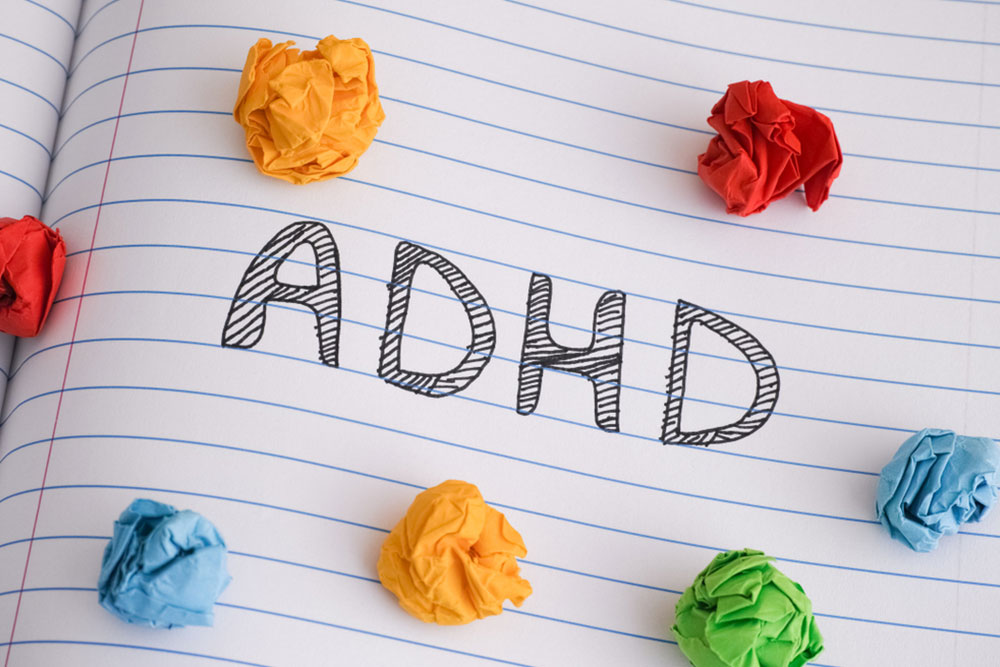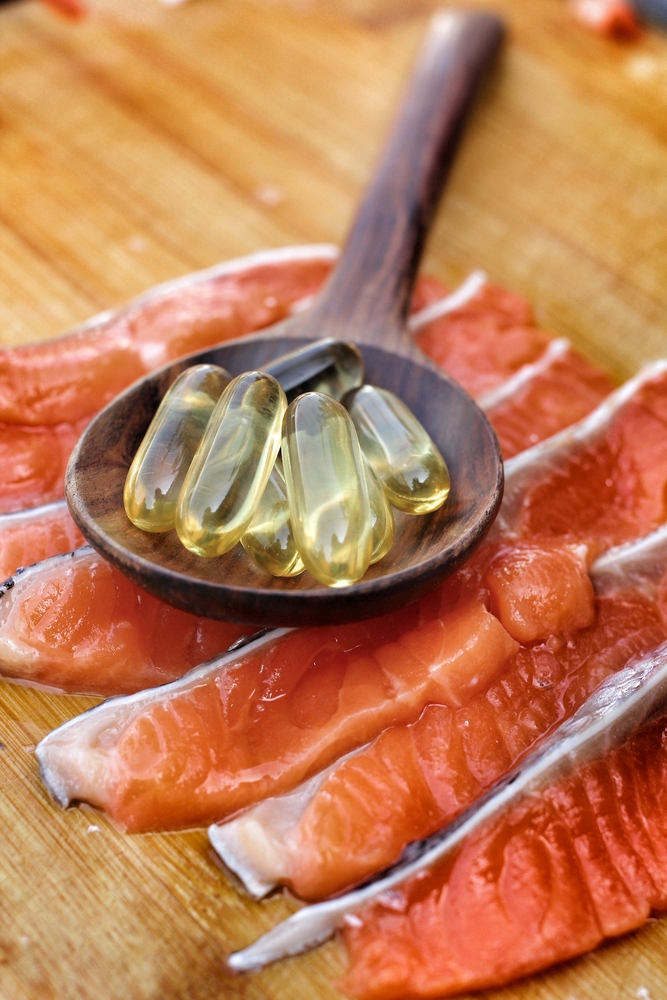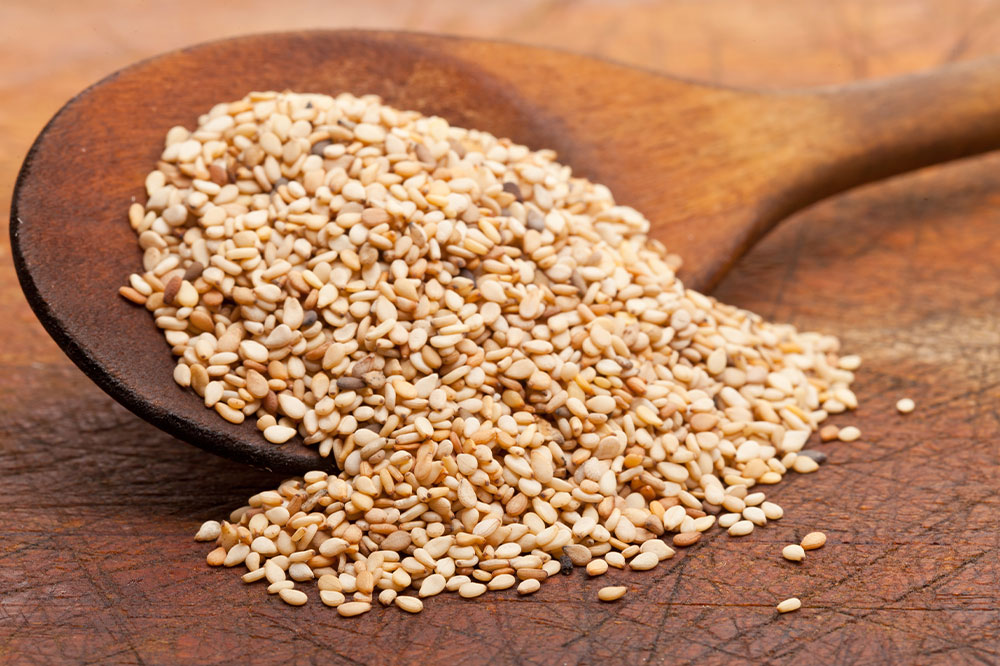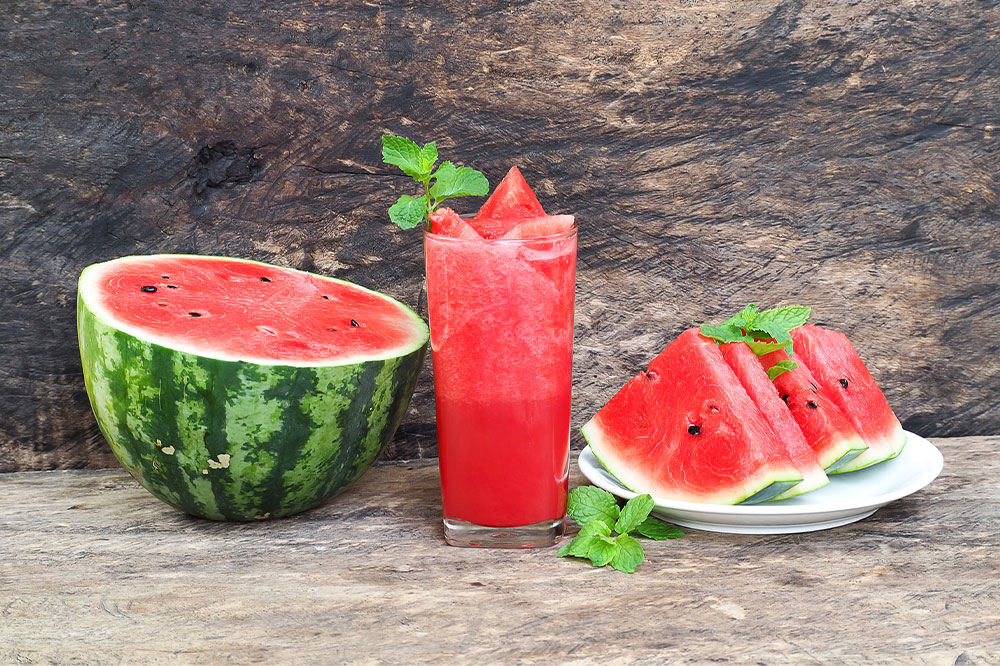Comprehensive Dietary Guidelines for Managing ADHD in Children
This comprehensive guide offers practical dietary strategies to support children with ADHD. It emphasizes foods to avoid, nutrient-rich options, and lifestyle tips to help reduce symptoms, improve behavior, and promote overall health. Understanding the impact of artificial additives, mercury in fish, and food sensitivities is crucial for effective management. Customized meal planning and professional guidance are recommended for best results. Ultimately, adopting a balanced, natural diet can significantly aid in the behavioral regulation and well-being of children with ADHD, fostering healthier development and improved quality of life.
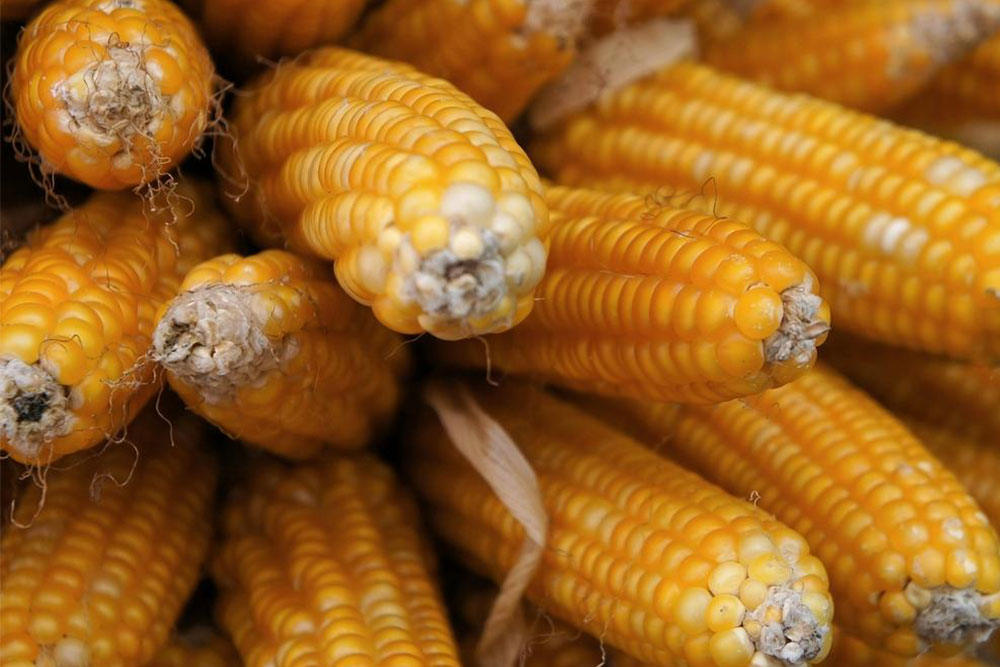
Effective Dietary Strategies to Support Children with ADHD
Attention Deficit Hyperactivity Disorder (ADHD) is a common neurodevelopmental condition affecting children worldwide. While diet alone does not cause ADHD, certain foods and dietary patterns can influence the severity of its symptoms or mimic some of its behaviors. Understanding which foods to limit and which nutritional choices can support better management is crucial for parents, caregivers, and healthcare providers aiming to improve the quality of life for children with ADHD.
This comprehensive guide explores dietary considerations for children with ADHD, focusing on foods to avoid, beneficial nutrients, and practical tips for creating a balanced, health-enhancing meal plan. Emphasis is placed on the impact of specific ingredients, artificial additives, and nutrient deficiencies that may affect behavioral symptoms and overall health.
Research indicates that children with ADHD often exhibit lower levels of essential fatty acids, particularly omega-3s, which are vital for optimal brain function and cognitive processes. While supplementing with omega-3 fatty acids shows promising results, more studies are needed to firmly establish their effectiveness. Nonetheless, a diet rich in omega-3 and omega-6 fatty acids supports overall brain health and can potentially mitigate symptoms like hyperactivity and impulsiveness.
Some behavioral and physiological symptoms observed in children with ADHD, such as frequent urination and excessive thirst, might be linked to their fatty acid status. Incorporating omega-3-rich foods like fatty fish—salmon, mackerel, sardines—and plant sources such as flaxseeds and walnuts can bolster nutrient intake.
To ensure nutritional adequacy and promote behavioral stability, a well-balanced diet emphasizing whole, natural foods is recommended. Priority should be given to foods that support brain health and minimize substances that may exacerbate hyperactivity and inattention.
Foods that are particularly beneficial include lean proteins such as chicken and turkey, legumes like beans and lentils, whole grains such as oats and brown rice, along with fresh vegetables and fruits packed with antioxidants and vitamins. Consulting a healthcare professional or a registered dietitian to develop personalized nutrition plans can maximize benefits and ensure dietary restrictions are appropriately managed.
Avoiding artificial food dyes and synthetic additives is a key component of dietary management for children with ADHD. Numerous studies suggest that artificial colors and preservatives—commonly found in brightly colored cereals, candies, sodas, and processed snacks—may contribute to increased hyperactivity and behavior issues.
Replacing processed, artificially colored foods with fresh, natural options can significantly improve behavioral outcomes. Opt for wholesome, minimally processed foods, such as fresh fruits, vegetables, nuts, and seeds, which are rich in essential nutrients and free from harmful additives.
Supplementing with excessive vitamins and minerals does not cure ADHD and can sometimes lead to adverse effects if not properly managed. Therefore, emphasis should be placed on obtaining nutrients through a balanced diet rather than high-dose supplementation.
Limiting fast food intake and avoiding caffeinated beverages like sodas, energy drinks, and certain teas can help reduce hyperactivity. Caffeine is a stimulant that may intensify symptoms, leading to increased restlessness and difficulty concentrating.
Sugar-laden snacks and drinks are particularly problematic, as high sugar content can cause spikes and crashes in blood glucose levels, leading to behavioral volatility. Eliminating candies, baked goods with artificial ingredients, and sugary drinks from the diet can support better behavioral regulation.
Many frozen foods, including fruits, vegetables, and baked goods, often contain artificial colors, flavors, and preservatives, which may negatively influence children with ADHD. Chemical residues from pesticides like organophosphates used in some processed foods have also been linked to behavioral problems, underscoring the importance of choosing organic or minimally processed options when possible.
Energy drinks pose particular concerns due to their high levels of caffeine and sugar, which are detrimental to children with ADHD. These drinks should be strictly avoided to prevent potential adverse side effects such as increased hyperactivity, sleep disturbances, and cardiovascular stress.
Certain types of fish, particularly those high in mercury—like tilefish, swordfish, king mackerel, and shark—should be limited in the diet of children with ADHD. Mercury accumulation can impair neurological development and exacerbate symptoms. Safer alternatives include salmon, sardines, and shrimp, which are lower in mercury but still rich in essential fatty acids.
Food sensitivities and allergies can also influence ADHD symptoms. Many children react adversely to specific foods such as oranges, grapes, tomatoes, corn, beans, eggs, wheat, soy, chocolate, and dairy products. A temporary elimination of these foods under medical supervision can help identify potential triggers and improve behavioral issues.
In conclusion, targeted dietary modifications can play a supportive role in managing ADHD symptoms. Prioritizing nutrient-rich, minimally processed foods, avoiding artificial additives, and consulting healthcare professionals for tailored nutrition plans are vital steps toward improving outcomes for children affected by ADHD.
